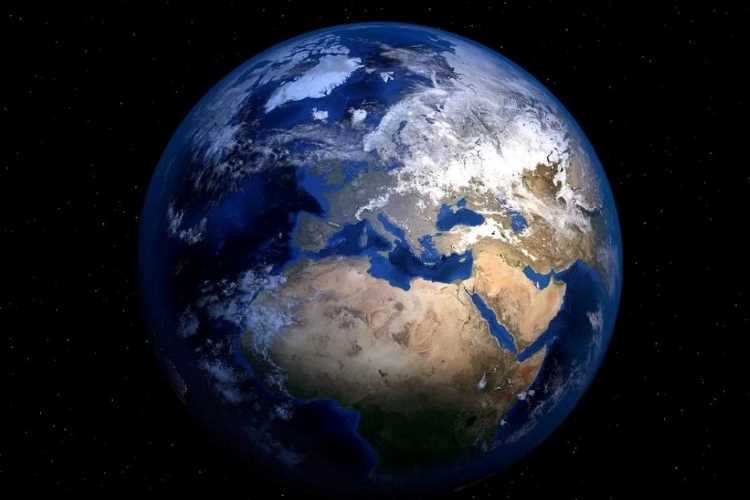The Intergovernmental Panel on Climate Change (IPCC) has issued a dire warning in its latest report on the climate crisis which is posing a threat to human health and wellbeing, ecosystems, and businesses. The findings of its latest report are bleak — climate breakdown is happening at a rapid pace and the impact will be more severe than was predicted earlier.
Climate change is causing widespread disruption in nature, affecting billions of lives. People and ecosystems least able to cope are the hardest hit, said the latest report by the Intergovernmental Panel on Climate Change (IPCC) released on Monday. The report is a stern warning about the perils of inaction, said IPCC Chair Hoesung Lee. “It shows that climate change is a grave and mounting threat to our wellbeing and a healthy planet. Our actions today will shape how people adapt and nature responds to increasing climate risks,” he said.
The planet will face multiple climate hazards in the next 20 years with a 1.5°C increase in average global temperature. Even temporary breaches of this limit could trigger additional impacts that will present risks for society. The summary of the IPCC report for policymakers, Climate Change 2022: Impacts, Adaptation and Vulnerability, was released on Sunday.
READ I Green hydrogen: Prices to fall as cheap electrolysers set to hit market
Urgent action can avert crises
Heatwaves, floods and droughts are already testing the tolerance thresholds of plants and animals, triggering mass mortalities among trees and corals. These extreme weather events are occurring simultaneously, resulting in impacts that are unmanageable. They have pushed millions of people into poverty as well as food and water insecurity in Africa, Asia, Central and South America, and in the Arctic.
To avoid losses of life, biodiversity and infrastructure, ambitious action is needed. The world needs to effect deep cuts in greenhouse gas emissions. The progress on adaptation has been uneven and inadequate, leaving gaps between action and commitments.
Climate change and a secure future
The climate crisis has been accentuated by unsustainable use of natural resources, growing urbanisation, social inequalities, losses and damages from extreme weather events, and the Covid-19 pandemic.
The report offers an assessment of climate change impact, risks and adaptation in cities, which are home to more than 50% of the global population. Health, lives, livelihoods, property, and critical infrastructure have been affected by extreme weather events such as heatwaves, storms, droughts, flooding, and rising sea levels.
READ I Russia may pay a price for Putin’s Ukraine misadventure
Though it is a global challenge, climate change needs local solutions. The report offers extensive regional information to support climate resilient development. The report says climate resilient development poses a challenge even at current warming levels. It will become even more difficult if global warming exceeds the 1.5°C global warming limit. This underlines the urgent need for climate action that is focused on equity and justice. Effective climate change adaptation and emission cuts need adequate funding, technology transfer, and political commitment.
India to bear the brunt
Without drastic cuts in greenhouse gas emissions, several parts of the world including areas in India will become unliveable. At least 3.5 crore Indians could be victims of annual coastal flooding by 2050. The number will grow to 4.5-5 crore by the turn of the century.
Urban centres of India will bear the brunt of the climate crisis as they will see the population doubling in another two decades. The concentration of population in cities will make them vulnerable to climate change events. The rise in temperature could see India’s rice output dwindle by 10%, while maize output may fall by a quarter.
The last few years saw extreme weather events threatening lives and livelihoods in the country. The country has been witnessing erratic monsoon rains, frequent heatwaves, powerful cyclones, and shrinking Himalayan glaciers. The biggest threat for India from climate change will be superstorms that appear frequently along India’s long coastlines. The melting of ocean ice will threaten several cities along the coast including Mumbai.

